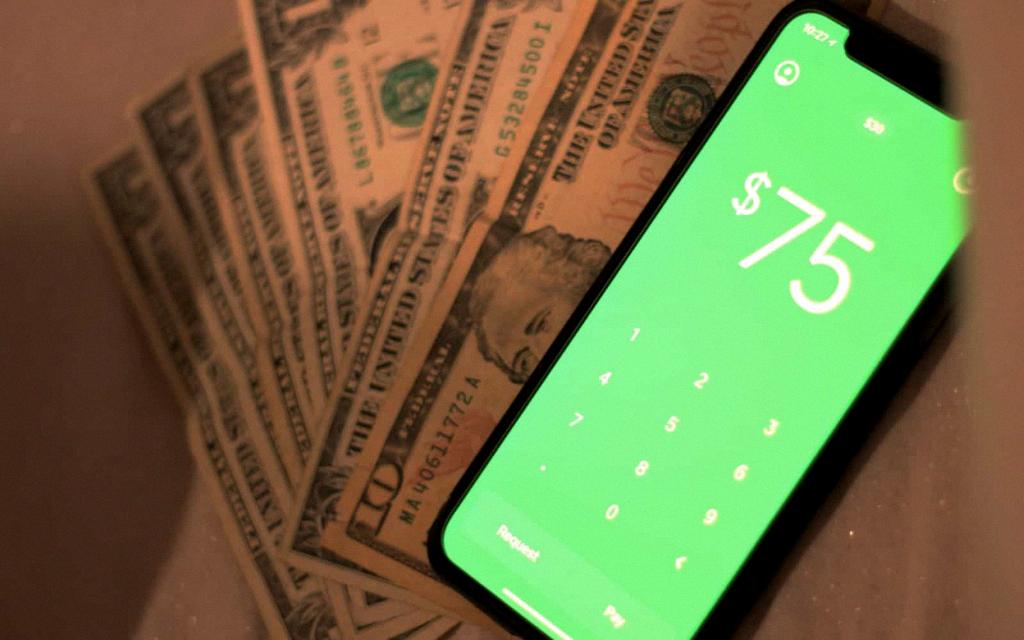When it comes to using Cash App and other payment apps, one common question that arises is whether users need to pay taxes on the transactions they make. The answer to this question largely depends on the nature of the transactions and the amount of money involved.
IRS Reporting Requirements
For individuals who use Cash App for personal transactions, such as sending money to friends or family, there is typically no need to pay taxes on these transactions. However, if you have a business account with Cash App, the IRS has specific reporting requirements that you need to be aware of.
Form 1099-K
One key form to be mindful of is the Form 1099-K. If you have a business account with Cash App or another payment app, the IRS mandates that your transactions be reported on a Form 1099-K if you receive more than $20,000 and conduct more than 200 transactions in a calendar year. It’s important to keep track of your transactions to ensure compliance with these reporting requirements.
Changes in Reporting Threshold
Originally, the reporting threshold for Form 1099-K was set at $600 for the 2023 tax year. However, the IRS has decided to delay this change, meaning that the $20,000 and 200 transactions threshold will continue to apply for the time being. Be sure to stay updated on any further changes in reporting requirements.
Tax Obligations for Business Accounts
For individuals with business accounts on Cash App, it’s essential to understand your tax obligations. Income generated through your business activities, such as sales or services rendered, is typically subject to taxation. Make sure to keep accurate records of your transactions and consult with a tax professional if needed.
Keeping Track of Transactions
To ensure compliance with IRS regulations, it’s crucial to keep thorough records of your transactions on Cash App. This includes documenting the amount of each transaction, the purpose of the transaction, and the individuals involved. Organization is key when it comes to managing your tax obligations.
Consulting with a Tax Professional
If you have any doubts or questions regarding your tax obligations related to Cash App, it’s always a good idea to consult with a tax professional. A tax advisor can provide personalized guidance based on your specific financial situation and help you navigate the complexities of tax laws.
Understanding Tax Deductions
While paying taxes on your income is a legal requirement, it’s also important to be aware of potential tax deductions that may apply to your business expenses. Certain expenses related to your business activities, such as supplies or equipment purchases, may be deductible, reducing your overall tax liability.
Staying Informed
As tax laws and regulations are subject to change, it’s essential to stay informed about any updates that may impact your tax obligations as a Cash App user. By staying proactive and keeping up to date with relevant tax information, you can ensure compliance and minimize any potential risks of non-compliance.

Conclusion
In conclusion, while personal transactions on Cash App typically do not require you to pay taxes, business accounts are subject to specific IRS reporting requirements. By understanding these requirements, keeping track of your transactions, consulting with tax professionals, and staying informed about tax laws, you can effectively manage your tax obligations as a Cash App user.
